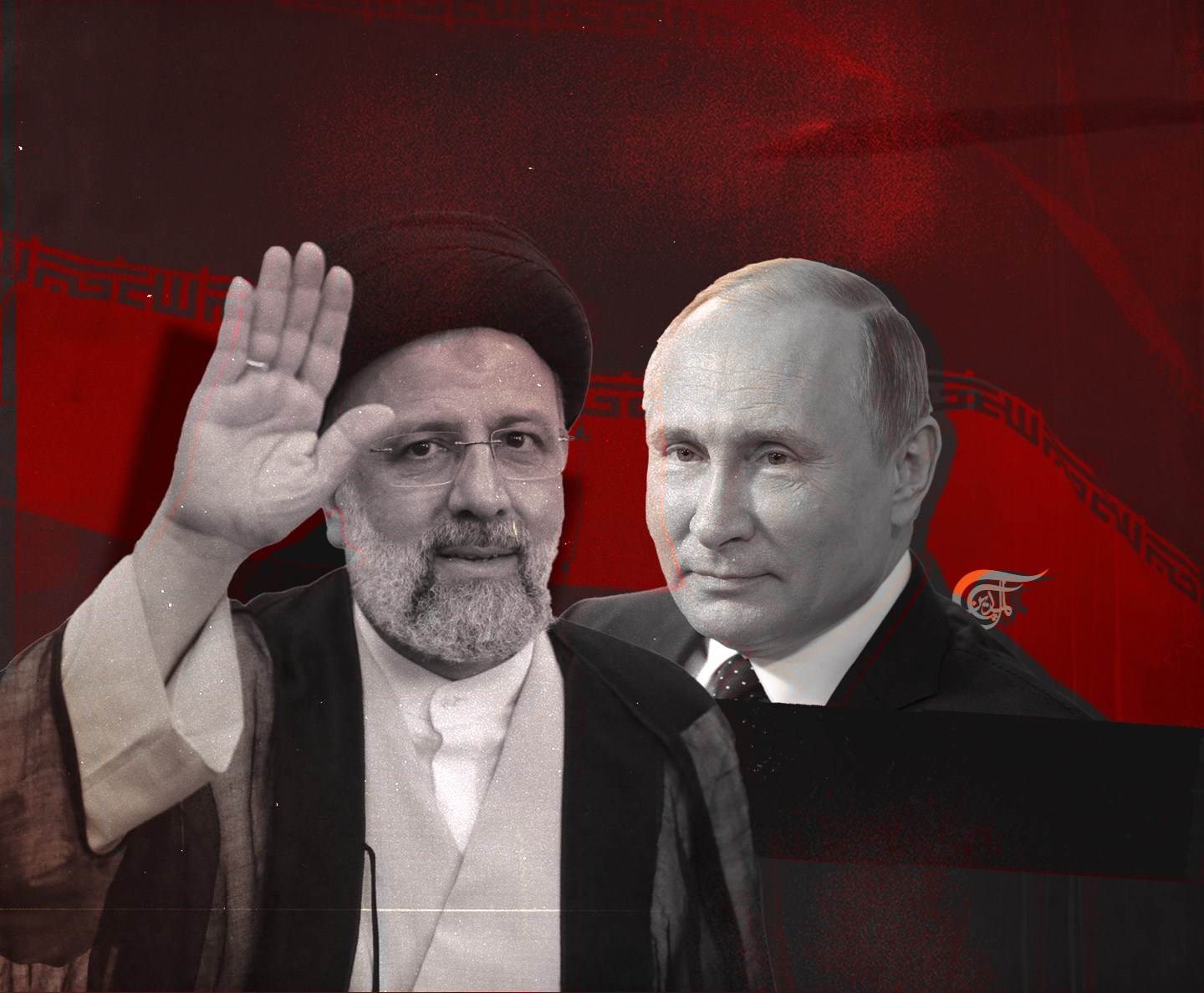Iran’s experience in facing sanctions available to Russia and may inspire it – Experts
Russia is facing a global sanctions campaign whose aim is to isolate it. Moscow can stand to learn a lot from Iran, which has decades of experience in fighting sanctions.
-

Experts explain how Russia and Iran can cooperate in order to counter the sanctions imposed against them
Russian-Iranian relations possess a high degree of coordination and cooperation. Tehran’s experience in facing the US unilateral all-inclusive sanctions may inspire Moscow in the fight against the new sanctions the West is imposing against it.
Economic relations between Moscow and Tehran have been growing as of late. Senior Iranian officials' efforts to further enhance ties with Moscow reveal that these bilats have a great deal of importance for both countries because they have both been facing harsh US unilateral sanctions for years.
Russia, and Iran’s resistance economy
Hadi Afqahi, a former Iranian diplomat and a strategic expert, told Sputnik the Resistance Economy Russia must follow at the moment lies in focusing on domestic capabilities, fighting corruption, and economic mafias. He cited the economy laid out by Iran’s Supreme Leader Ali Khamenei, which is based on bolstering the economy from within so that it would not falter amid global fluctuations, such as in oil prices, stocks, gold, etc…
Afqahi added that Iranian President Ebrahim Raisi had, throughout this past period, been hard at work to develop the economy from within, and is still fighting corruption.
He added that Raisi’s domestic policies revolved around providing investment opportunities, fighting laws that obstruct investment, and reviving the economy and domestic industry. As for the exterior, Iran has gone to great lengths to bypass the sanctions, as it is now part of the 27-nation Shanghai Cooperation Organization, whose members have agreed to deal with one another using their domestic currencies, and not the US dollar. Iran also signed a 25-year strategic cooperation deal with China, estimated to be worth around $470 billion, and wrote the draft for a 20-year deal with Russia. Iran also has a free trade agreement with the Eurasian Economic Union, of which Russia is a member.
Afqahi saw that Russia, a friend of Iran, is now going through the same thing Tehran went through before. Although it’s true that there is a global campaign against Russia at the moment, Moscow has cards up its sleeve through which it can manage this crisis with a great deal of sophistication, like Resistance Economy, stressing that the sanctions against Russia won’t only harm Russia’s economy, because if the crisis grows any longer, the first to scream would be the Europeans, especially since Russia has not yet retaliated, nor has it used all of its cards.
Despite this, the US and Europe are currently bickering amongst one another on sanctioning Russia’s gas and oil, and this presents a great crisis for Europe.
Self-sufficiency and trading with local currency
For his part, Tehran University Professor Mohammad Sadegh Koushki told Sputnik there are two ways through which Russia can resist sanctions and lessen their impact.
Koushki said the first way was through economic and trade cooperation using domestic currencies, and Iran and Russia could do this. Russia can also cooperate with Iran so that businessmen from both countries can exchange products using the Toman and Ruble. Iran is also a large new market for Russia instead of the European market.
The second way through which Russia could combat the sanctions is through Iran itself, meaning that Russia can use the sanctions and divert its products to the Iranian market, which is open before it. Iran can also act as a transit station for Russian businessmen headed to the East and to some Arab countries.
Koushki also said this last method could take place through mutual cooperation in a number of fields, like joint investment in fields needed by both countries, and this is how they can both do without Europe, its market, and products.
The Tehran University professor further added that one of Iran’s most important experiences in fighting sanctions lay in creating sufficient internal production and reaching self-sufficiency in a number of fields. The Islamic Republic of Iran sought to fight sanctions on production through its scientists and did so by supporting domestic production in sanctioned fields so that Tehran would not be in need of foreign powers, or imports.
These companies, Koushki said, helped the Iranian government produce a number of products that were needed by the country, both rapidly and efficiently. The fact that most medicines and medicinal equipment needed by the country to fight the pandemic were internally produced a mere six months into the pandemic, which lessened the need for export. Rather, Tehran was exporting these products to some countries, including European countries.
Russia's president had announced a special military operation in Ukraine, on February 24, to protect the people of the DPR and LPR, who asked for Moscow's aid against attacks by Ukraine's forces.
Russian officials have repeatedly said that they do not seek to occupy the country and that the operation's aim is to de-nazify and demilitarize Ukraine by specifically targeting military infrastructure.

 5 Min Read
5 Min Read









